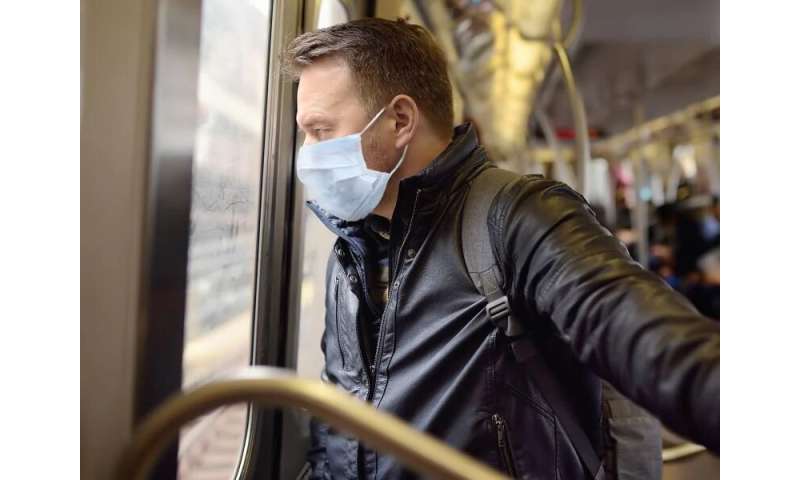
Here’s some reassuring news for those who wonder whether face masks really work: New research shows a face covering can block 99.9% of respiratory droplets when a person speaks or coughs, significantly lowering the risk of coronavirus transmission.
Researchers at the University of Edinburgh in the United Kingdom conducted tests with people and with a life-sized human model connected to a machine that simulates coughs and speech.
“The simple message from our research is that face masks work. Wearing a face covering will reduce the probability that someone unknowingly infected with the virus will pass it on,” said study co-author Paul Digard, a professor at the university’s Roslin Institute.
To come to that conclusion, the team compared the number of droplets that landed on a surface in front of a person coughing and speaking without and with a surgical mask or a basic cotton face covering.
The tests showed that a person standing 2 meters (6.5 feet) from a coughing person without a mask is exposed to 10,000 times more droplets than someone half a meter (1.6 feet) from a coughing person who is wearing one.
Even a single-layer cotton mask reduced the number of droplets by more than 1,000 times, according to the study published Aug. 17 on the preprint server medRxiv. Such research hasn’t been peer-reviewed.
The findings could have implications for social distancing measures, according to the research team led by Ignazio Maria Viola.
“We knew face masks of various materials are effective to a different extent in filtering small droplets,” said Viola, of the university’s School of Engineering.
Source: Read Full Article
